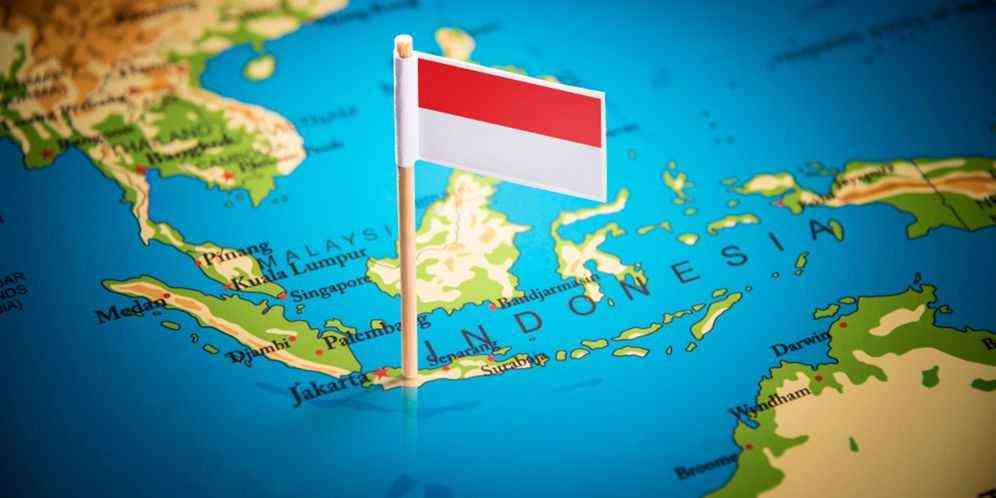Facing the Changing World Order: A Golden Opportunity for Indonesia
1. Understanding the Big Cycle: Lessons from Ray Dalio
In Principles for Dealing with the Changing World Order, investor Ray Dalio explains the recurring pattern of rising and falling global powers, known as the “Big Cycle.” Each cycle typically consists of:
-
Rise: Marked by political stability, economic growth, and technological innovation.
-
Peak: Wealth and power reach a high, but inequality and debt also rise.
-
Decline: Internal conflict, debt burdens, and diminishing global influence emerge.
Dalio suggests the United States is currently in decline, while China is in ascent. Understanding this cycle is essential for countries like Indonesia to prepare for shifts in the global order.
2. Indonesia’s Role: A Strategic Balancer in Global Tensions
Rather than being caught in the rivalry between the U.S. and China, Indonesia has a unique opportunity to act as a neutral and strategic balancer.
-
Attracting Investment: Trade tensions push global firms to seek alternative production hubs. With adequate infrastructure and incentives, Indonesia can position itself as a top destination.
-
Strengthening Economic Diplomacy: Maintaining balanced trade ties with multiple countries reduces reliance on any single power.
-
Promoting Local Innovation: Developing competitive domestic industries ensures Indonesia meets both internal demand and export goals.
3. Seizing the Manufacturing Opportunity
The shifting world order presents a critical chance to revitalize Indonesia’s manufacturing sector.
-
Product Diversification: Expand into various product categories to meet evolving global demand.
-
Quality Enhancement: Raise manufacturing standards to compete internationally.
-
Technology Adoption: Embrace automation and Industry 4.0 for efficiency.
-
Human Capital Development: Equip workers with modern industrial skills.
4. National Strategy: Charting a Clear Future
Indonesia must formulate a forward-looking national strategy, including:
-
Pro-Investment Policies: Simplify regulations and offer fiscal incentives.
-
Infrastructure Development: Enhance roads, ports, and digital infrastructure to support trade and logistics.
-
Innovation & R&D Support: Foster collaboration between government, academia, and private sector.
-
Competitiveness Boost: Improve productivity across key sectors.
5. Conclusion: Indonesia’s Time to Rise
The changing global order is not a threat — it is an invitation for Indonesia to rise.
With the right strategy, collaborative leadership, and spirit of innovation, Indonesia can become a key global player and achieve inclusive and sustainable economic growth.
